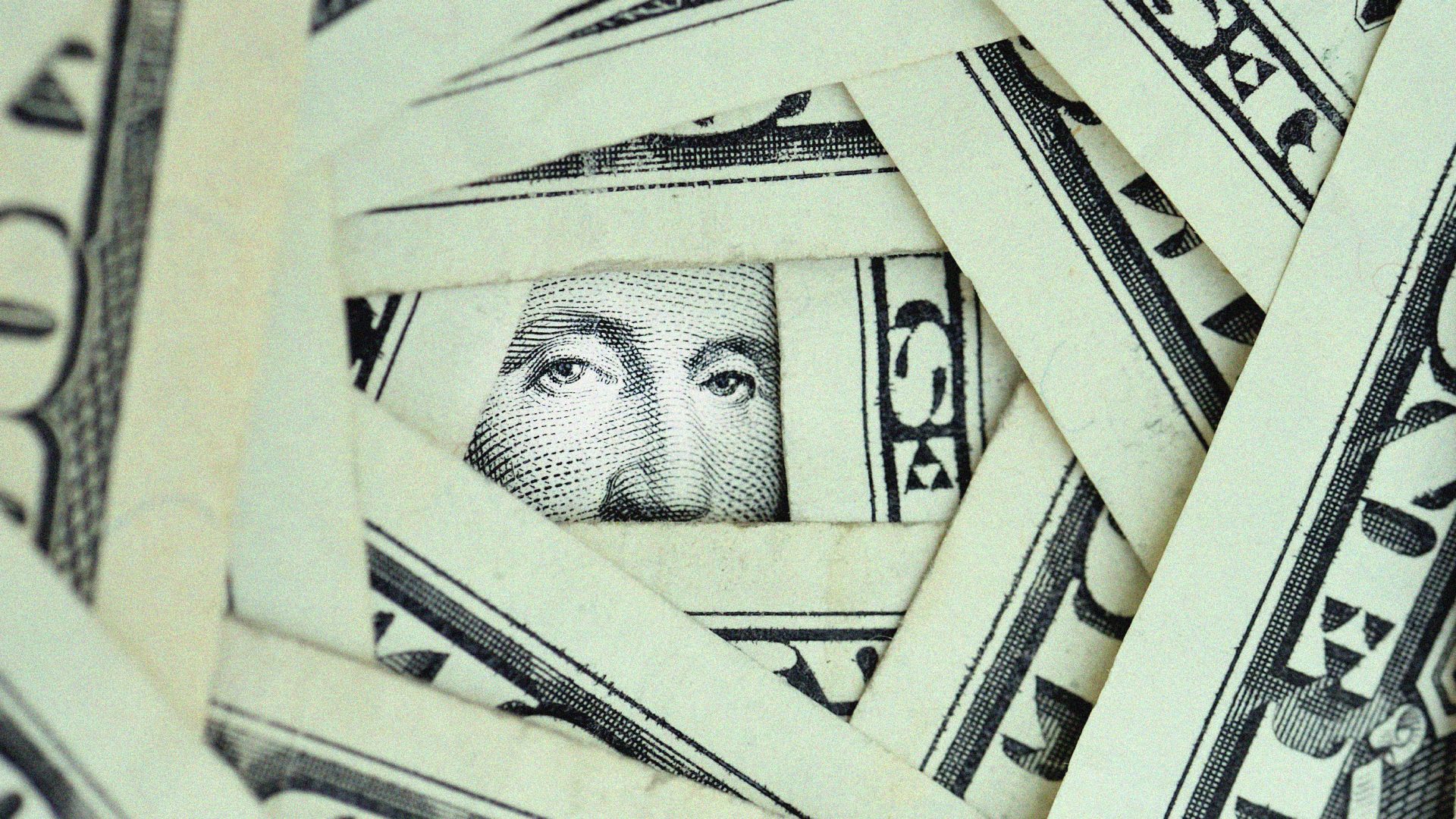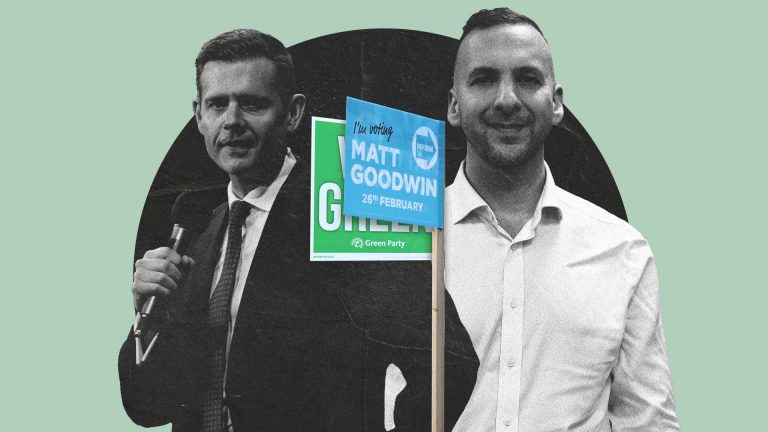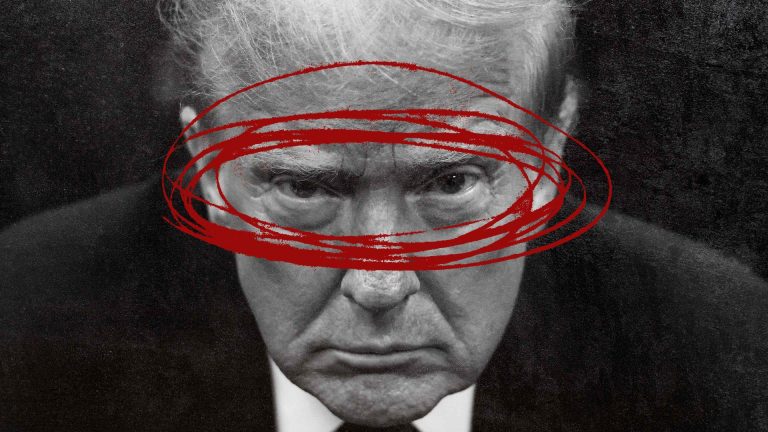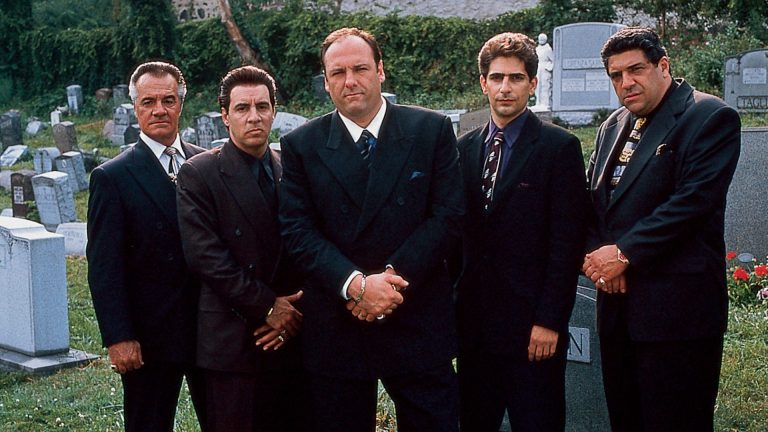When President Trump doesn’t like a piece of economic data, he tends to attack the person who produced it. Which means there are likely to be a lot of unemployed economists and statisticians in the US soon, because the American economy is heading for trouble.
Nearly all the bad news is down to the economic incompetence of the president himself. His policies have already had a numbing effect. He inherited growth of almost 3% a year and he has managed to reduce it to around 2% in the months since he took power.
Not only did the US economy add a mere 22,000 jobs in August but the Labor Department was forced to downgrade previous estimates. It now thinks the American economy added 911,000 fewer jobs in the last year than previously thought. Weak job numbers is an ominous sign.
Consumer sentiment and industrial production were both down in August and the latest inflation figures show that prices are now increasing at 2.9%, up from last month’s 2.7%, well above the Fed’s target of 2% and heading the wrong way.
And the trend seems likely to continue, as his tariff policy combined with a huge clampdown on immigration starts to bite. As Jonathan Portes, professor of Economics and Public Policy at King’s College London told me, “I think that it is quite probable, essentially Trump’s policies on tariffs and on immigration reduce both demand and supply”. That means, said Portes, that “he is putting upward pressure on inflation and downward pressure on the labour market”.
The combination of a shrinking economy and high inflation is the worst of both worlds. It is a phenomenon commonly known as “stagflation”.
This puts the US central bank, the Federal Reserve, in a very difficult position. It would like to cut interest rates to boost growth and jobs, but it knows that Trump’s tariffs mean higher inflation is on the way, which normally means that interest rates should remain higher. The central bank is also being undermined by Trump’s efforts to influence its decisions and rig its board in his favour, a degree of political intervention that scares international markets and investors. Trump does not seem to grasp how important central bank independence is to America’s economic reputation and well-being.
The CEO of JPMorgan Chase, Jamie Dimon said this week that he is cautious about the US economic outlook. “Some of these things have long cycles. So, we don’t know yet. People are expecting these things to happen right away. But actually, a lot of them haven’t happened.”
What Dimon means is that all those price rises from higher import taxes, the higher prices for commodities, raw materials, components and parts take months to work through the system. The pain is yet to come.
The problem is not just a matter of the damage the tariffs themselves are causing but the way they were devised, introduced and then revised that is harmful. Anyone looking for a stable and secure place to do business will be repulsed.
Suggested Reading
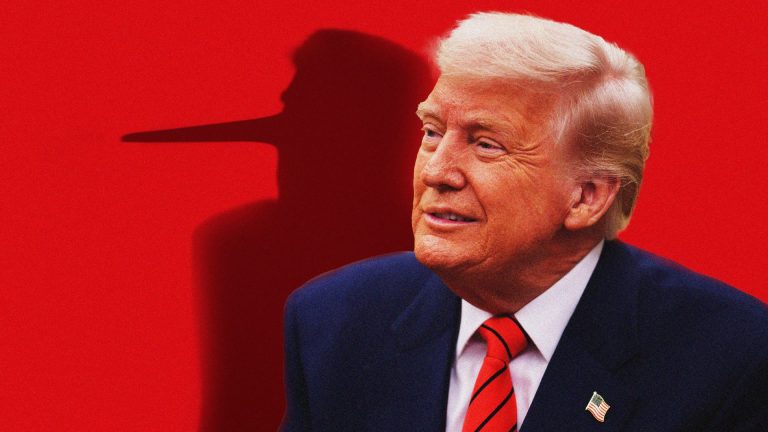

The lie that could finish Trump
As Nicholas Bloom, the William D. Eberle Professor of Economics at Stanford University (no relation) told me, uncertainty is likely to be a major factor in any downturn. Bloom helped to devise a metric called the Economic Policy Uncertainty Index. His latest research in this area shows that the measure of economic uncertainty in America is now soaring.
So far this century, the index has surged during crises, such as the banking collapse of 2008 and Covid, but “in 2025, the EPU reached a record high, indicating extensive discussions of uncertainty in national and local newspapers.”
This matters because no one knows what madness Trump will come up with next and so investors put off investment and expansion. Korean investors will certainly be feeling deeply alarmed. Trump encouraged Korean businesses, including Hyundai, to spend billions building a state-of-the-art battery factory in Georgia, only for ICE to raid the plant while it was under construction and arrest a large number of the factory’s workers.
Detaining several hundred Koreans in chains and then deporting them not only increases the uncertainty for Hyundai, Korea and battery makers, but for every foreign investor in the US. Nothing says “take your business elsewhere” more than dragging off your guests in shackles.
In addition, the Trump administration’s dubious approach to science has a long term repulsive effect. The White House is cancelling the construction of wind farms, and has cancelled vaccine and other scientific research programmes. This is leaving the way open for America’s competitors, most notably China, to fill the vacuum.
And meanwhile Trump sacks the head of Washington’s labour statistics gathering agency for “fixing” the data to make the President look bad, only for the next month’s figures to be even worse.
As Portes says, “We can trust the stats in the short term, but perhaps not in the long term”. Business, firms, people and even countries that want to do business in America need data and information they can trust. Fiddling the figures to massage the boss’s ego doesn’t work.
Although it is true that Trump has forced through huge tax cuts for the wealthy and for big business, and the American economy is famously resilient and dynamic, this doesn’t mean the economy can resist the force of economic gravity. There is a direct contradiction between trying to help the rich and big business with tax cuts but undermining them with tariffs, punitive immigration policies and untrustworthy data.
Still if a recession is on the way we may never learn about it. Trump would surely denounce the poor data as “dodgy”, call the news “fake” and blame anyone but himself. But his economic delusions and the fact there is no one left to stand up to him means this will be a Trump recession.


